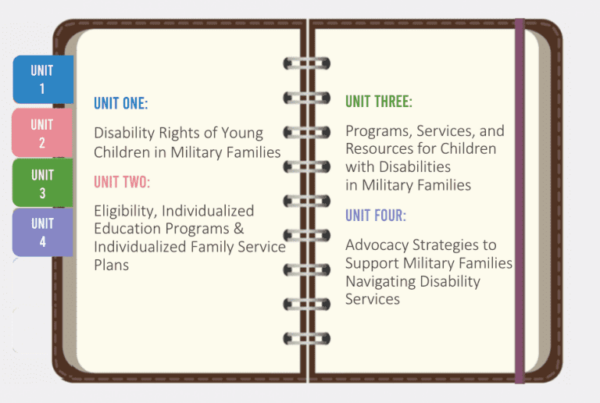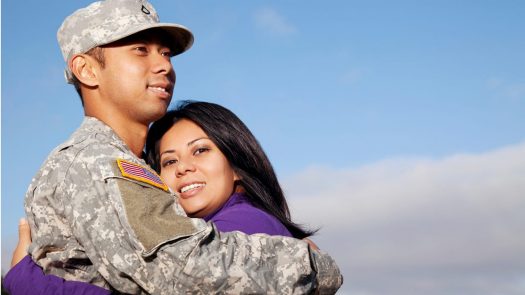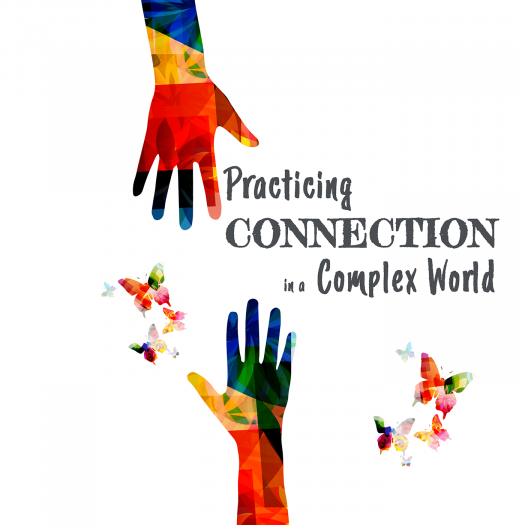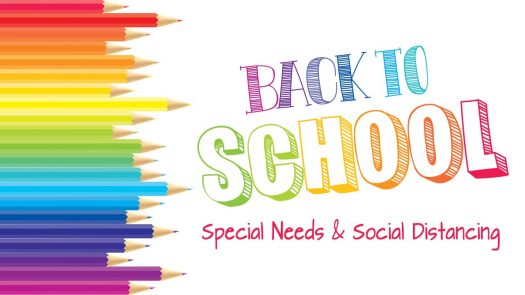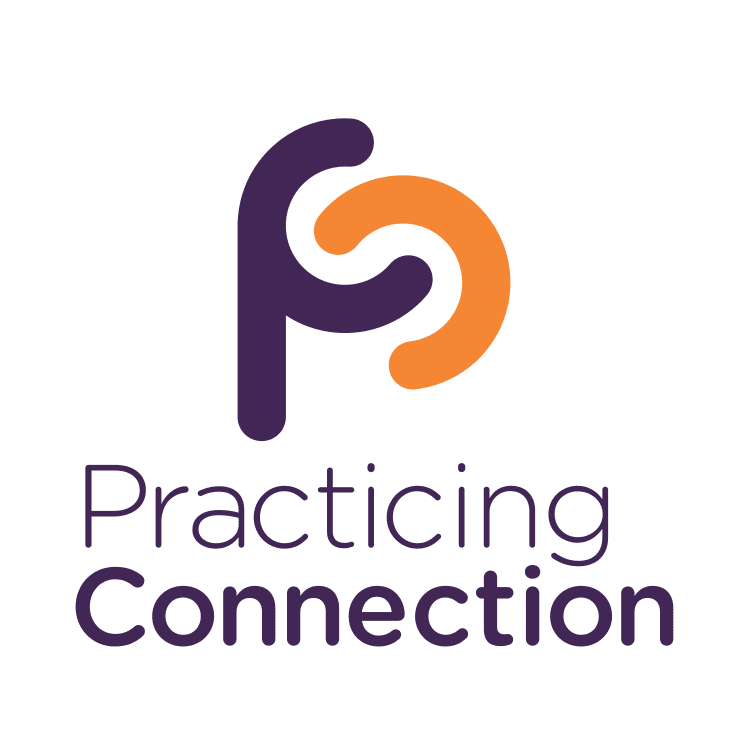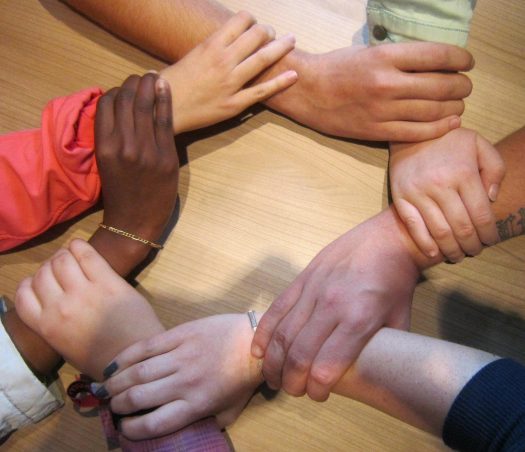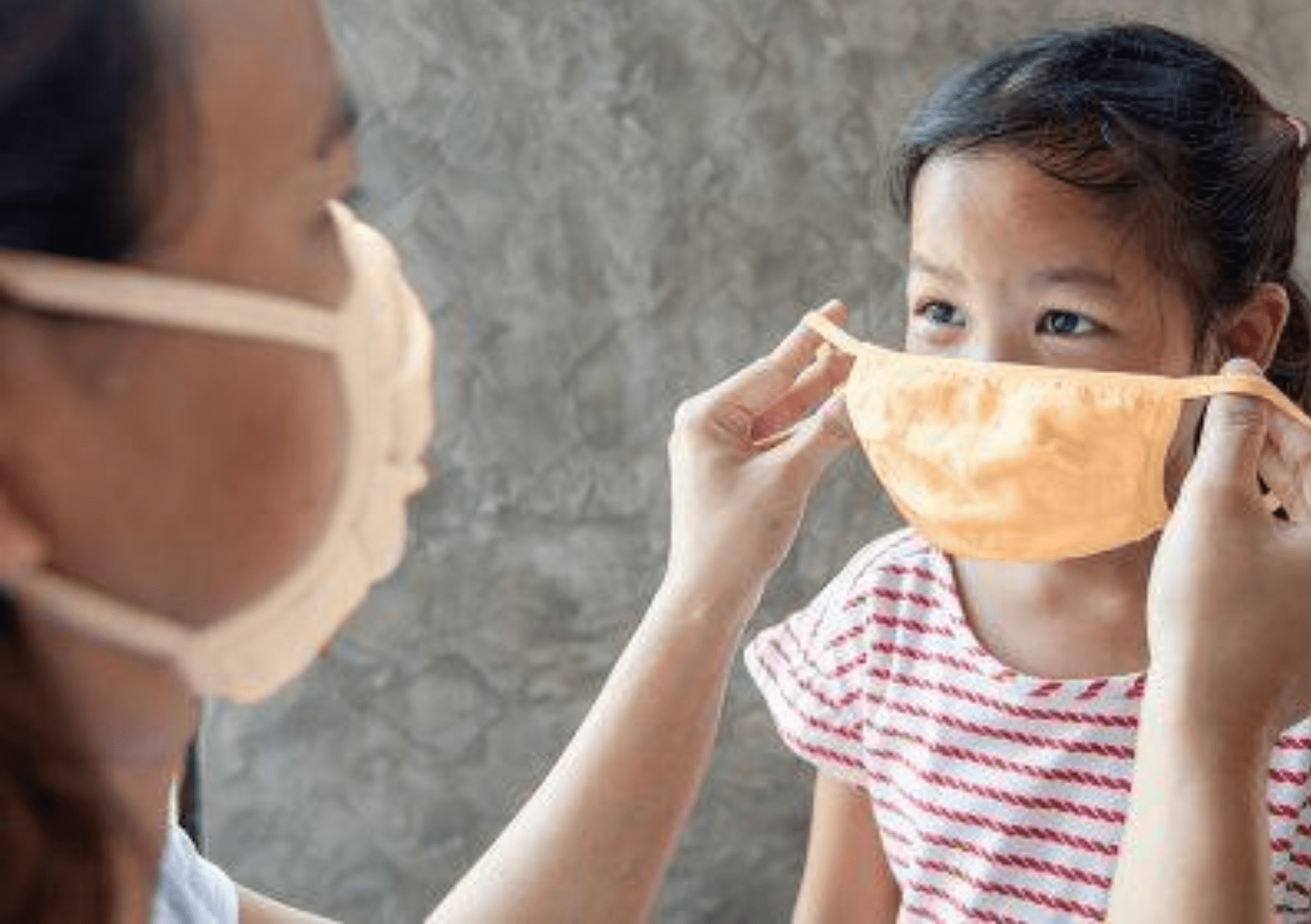Field Guide to Family Advocacy: Knowledge, Resources, and Supports for Military Families of Children with Disabilities Course
Visit the Field Guide to Family Advocacy course homepage for content details and continuing education information. This four-part, asynchronous learning module was created by the OneOp’s Early Intervention team. The interactive course focuses on the rights of young children with disabilities in military families, eligibility for special education programs and...

